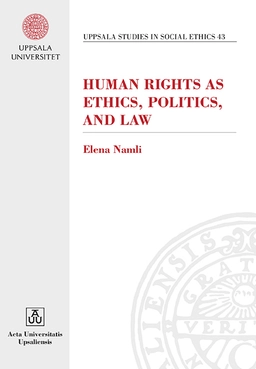

Capitalism, corporations and the social contract : a critique of stakeholder theoryUpplaga 1
- Upplaga: 1a upplagan
- Utgiven: 2015
- ISBN: 9781107529946
- Sidor: 198 st
- Förlag: Cambridge University Press
- Format: Häftad
- Språk: Engelska
Om boken
Åtkomstkoder och digitalt tilläggsmaterial garanteras inte med begagnade böcker
Mer om Capitalism, corporations and the social contract : a critique of stakeholder theory (2015)
2015 släpptes boken Capitalism, corporations and the social contract : a critique of stakeholder theory skriven av Samuel F. Mansell. Det är den 1a upplagan av kursboken. Den är skriven på engelska och består av 198 sidor. Förlaget bakom boken är Cambridge University Press.
Köp boken Capitalism, corporations and the social contract : a critique of stakeholder theory på Studentapan och spara uppåt 20% jämfört med lägsta nypris hos bokhandeln.
Referera till Capitalism, corporations and the social contract : a critique of stakeholder theory (Upplaga 1)
Harvard
Oxford
APA
Vancouver



















